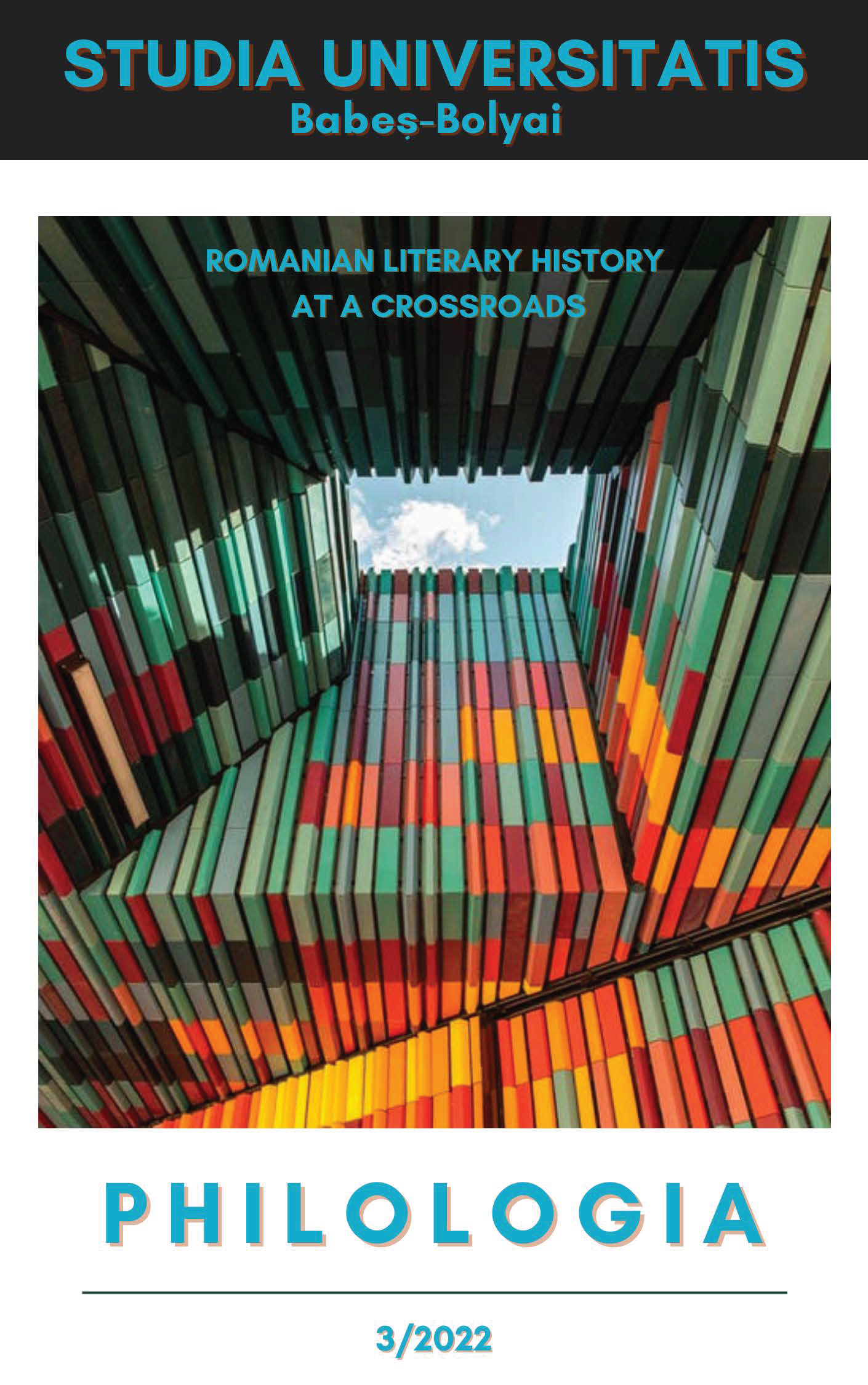GENERATIONS, CONTEMPORANEITY, AND INTERSECTIONALITY IN LITERARY HISTORY
GENERATIONS, CONTEMPORANEITY, AND INTERSECTIONALITY IN LITERARY HISTORY
Author(s): Andreea MironescuSubject(s): Cultural history, Romanian Literature, Transformation Period (1990 - 2010), Present Times (2010 - today)
Published by: Studia Universitatis Babes-Bolyai
Keywords: generation; generationality; literary history; postcommunism; intersectionality;
Summary/Abstract: Generations, Contemporaneity, and Intersectionality in Literary History. While several traditional concepts of literary history, including literary periods, periodization itself, and genre, have been recently put into question and reframed in transnational, cross-temporal, and transdisciplinary ways, the notion of generation has received much less attention. At the same time, in various branches of cultural studies, and even more prominently in sociology, the problem of generations has taken center stage once again. In this article, the critic takes as her departure point Mihai Iovănel’s 2021 History of Contemporary Romanian Literature: 1990-2020 to discuss how the generational operator could be employed in post-Cold War literary history. Mironescu argues that a transversal and intersectional integration of generation into contemporary literary criticism could ensure a better understanding of intra- and transgenerational dynamics in terms of self-representations and group narratives, inclusions and exclusions, as well as gender and literary affiliations.
Journal: Studia Universitatis Babes-Bolyai - Philologia
- Issue Year: 67/2022
- Issue No: 3
- Page Range: 107-120
- Page Count: 14
- Language: English

